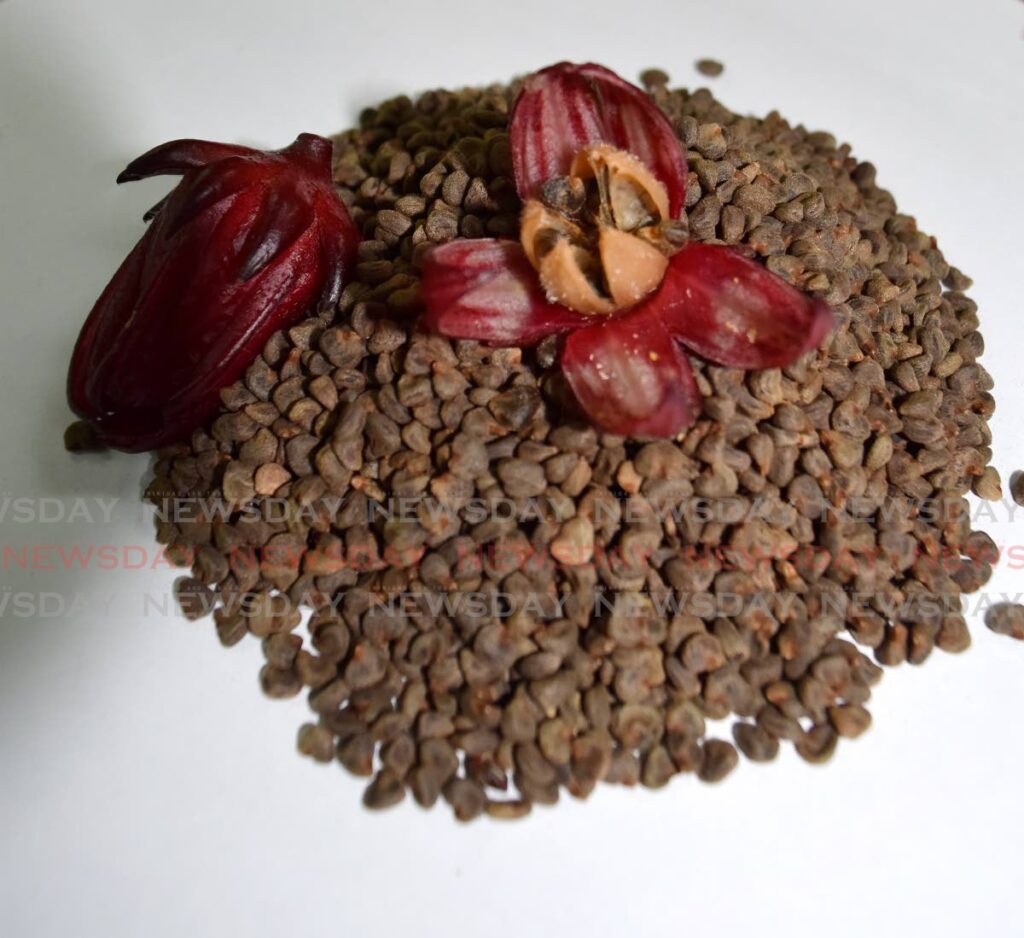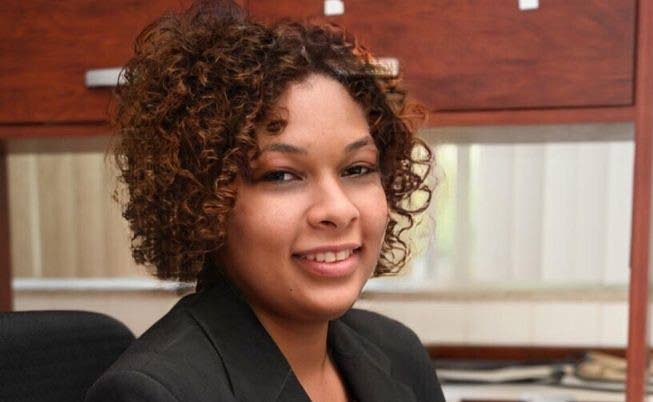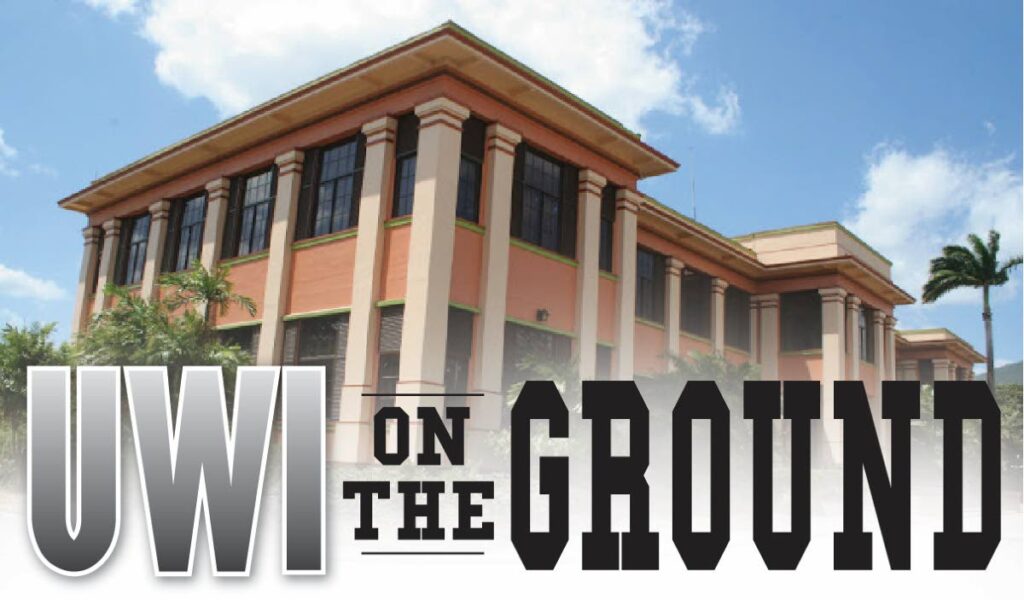Safeguarding the future of food through seed sharing and saving

Wendy-Ann Isaac, PhD
The seed is created to renew, to multiply, to be shared and to spread – Vandhana Shiva.
Seeds are considered the foundation of agriculture and compared to other agricultural inputs, have been shown to have the greatest potential to increase on-farm productivity and enhance food security. Seed availability for small-scale farmers can be unpredictable and unreliable given the reluctance of most farmers to collect and save seeds and the high dependence on seed importation. Between 2011 and 2015, TT imported seeds, fruits and spores, for sowing (excluding leguminous vegetables and sweet corn) was worth approximately $47 million.

Through a project funded by The UWI/TT Research and Development Impact (RDI) Fund, The Faculty of Food and Agriculture (FFA), Department of Food, Sustainable Seeds of Survival (UWI-SOS) has been involved in a number of seed interventions. During the covid pandemic, a multidisciplinary team responsible for the deployment of two campus-led projects took on the charge to make seed kits available to People with Disabilities (PWDs). The initiative kicked off with a handover to the Autistic Society of TT at the St Augustine campus. The effort was supported by the UNDP Global Environmental Finance Small Grants Programme (GEF SGP) TT. The UWI-SOS seed kit provided 16 varieties of seeds, mostly grown at the University Field Station.
In April 2022, UWI launched its Seed Testing Facility at the University Field Station by celebrating its 1st Annual Seed Swap, on Earth Day. The event brought together the National Seed Bank of TT, the AgroPlus Seed Bank, Kairi Seed Bank, the Seed Vault and other seed saving enthusiasts to swap seeds and contribute to the UWI-Seed Bank.
The UWI-SOS proposed to contribute to the improvement of food and nutrition security of thousands of households in TT and the Caribbean region by improving the management of the diversity of key vegetable food crops and to further develop and promote the cultivation of these crop varieties which are suited to the changing climate in this region through its Seed Library and Seed Bank initiatives. Seed banks/Seed Herbaria are seed libraries set up to safeguard and conserve planting material in the event of catastrophes to ensure food security. In addition to the UWI-SOS Seed Fair event, many other expeditions were conducted among farmers and farmers markets to collect, save and sow, multiply, select, identify and catalogue seeds. The primary goal of collecting seeds is the long-term conservation in seed banks of representative samples of the genetic diversity of seed-bearing plant populations (with priority being given to those that are most threatened). Increased diversity ensures that we have varieties adapted to changing climatic conditions and resistance to certain diseases. A strong seed diversity equates to a strong food system with the ability to withstand adverse conditions and safeguard for future generations.

It is envisaged that the UWI-SOS project will result in stronger linkages established between the UWI, the National Seed Bank of the Ministry of Agriculture, various seed producing and saving communities throughout TT and other stakeholders throughout the region and international genebanks to share knowledge and climate resilient germplasm. In partnership with these stakeholders, the TT Seed Saving Network (TTSSN), is a movement which aims to act as stewards of TT by protecting our seed systems, building alliances with other movements and joining forces with farmers and backyard gardeners to save seed. A few of the community seed banks in Trinidad such as the AgroPlus Seed Bank and the Kairi Seed Bank are already functioning well in terms of collection, documentation, regeneration, storage, distribution and marketing of seeds of diverse local varieties.
Members of the public are invited to join this movement by collecting, regenerating and sharing open pollinated seeds, plants and experiences, with the ultimate aim of safeguarding seeds as we seek to build a more resilient seed system in TT. These efforts, however, should be extended to the Caribbean region, so it will require co-operation and co-ordination at all levels as we take concerted measures to mitigate the negative impact on seed systems and food security. This can be further achieved through the production and sharing of information, the circulation of seed material and the strengthening of seed systems for greater regional resilience. Together let us protect the future.
UWI ON THE GROUND
A university must be centred in the community, leading on the key issues of the day. Accordingly, the University of the West Indies, St Augustine, offers this public service series where its leading scientists and researchers will address climate and disaster challenges – Series 1.
Today, Dr Wendy-Ann Issac, senior lecturer, Faculty of Food and Agriculture, educates us on the importance of protecting and improving our seeds if we are to win the battle for food security. She also issues a call to join the seed movement.
Professor Rose-Marie Belle Antoine
Principal, UWI, St Augustine

Comments
"Safeguarding the future of food through seed sharing and saving"